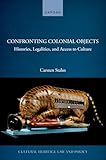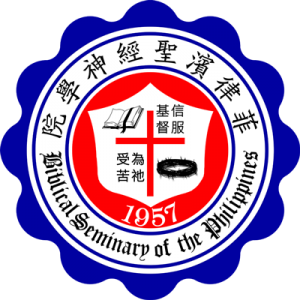Confronting colonial objects [electronic resource] : histories, legalities, and access to culture / Carsten Stahn.
Series: Cultural heritage law & policy - clothPublication details: New York : Oxford University Press, c2023.Edition: 1Description: 593 pgContent type:- text
- computer
- online resource
- 9780192868121
- 9780192694133
- 9780192694126
- 9780191960161
| Item type | Current library | Call number | Status | Date due | Barcode | |
|---|---|---|---|---|---|---|
 eBooks
eBooks
|
Digital Library | Available |
"In 1978, UNESCO Secretary General Amadou-Mahtar M'Bow, compared cultural colonial objects to 'witnesses to history'. Their treatment is one of the most debated questions of our time. Calls for a novel international cultural order go back to decolonization. However, for decades, the issue has been treated as a matter of comity or been reduced to a Shakespearean dilemma: to return or not to return. This book seeks to go beyond these classic dichotomies. It argues that contemporary practices are at a tipping point. It shows that cultural takings were material to the colonial project throughout different periods (early takings, birth of modern nation state, 19th century scramble for objects) and went far beyond looting. It relies on micro histories and object biographies to trace recurring justifications and contestations of takings and returns, and the complicity of anthropology, racial science and professional networks in colonial collecting. It demonstrates the dual role of law and cultural heritage regulation in enabling colonial injustices, and mobilizing resistance thereto. It challenges the argument that takings were acceptable according to the standards of the time. Drawing on the interplay between justice, ethics and human rights, it develops a theory of entanglement to re-think contemporary approaches. It shows that future engagement requires a re-invention of knowledge systems and relations towards objects, including new forms of consent, provenance research, partnership and a re-thinking of the role of museums themselves. It proposes principles of relational cultural justice to confront ongoing historic, legal and economic entanglements and enable normative transformation"--


